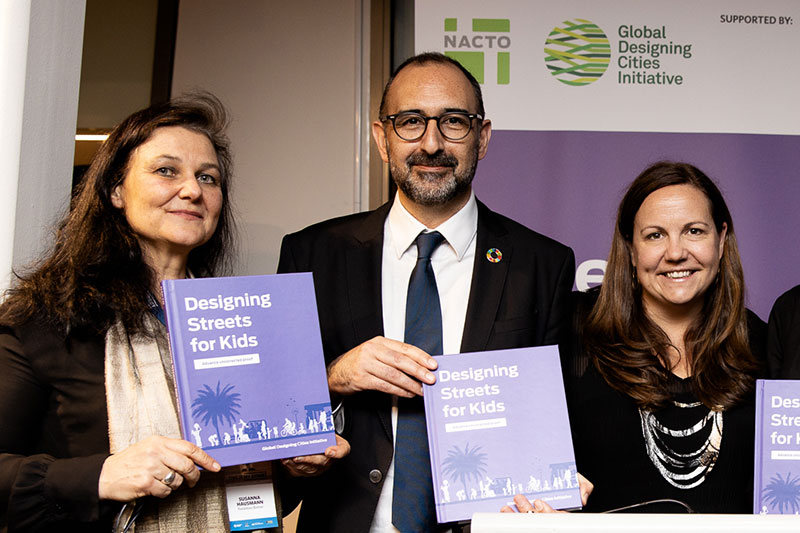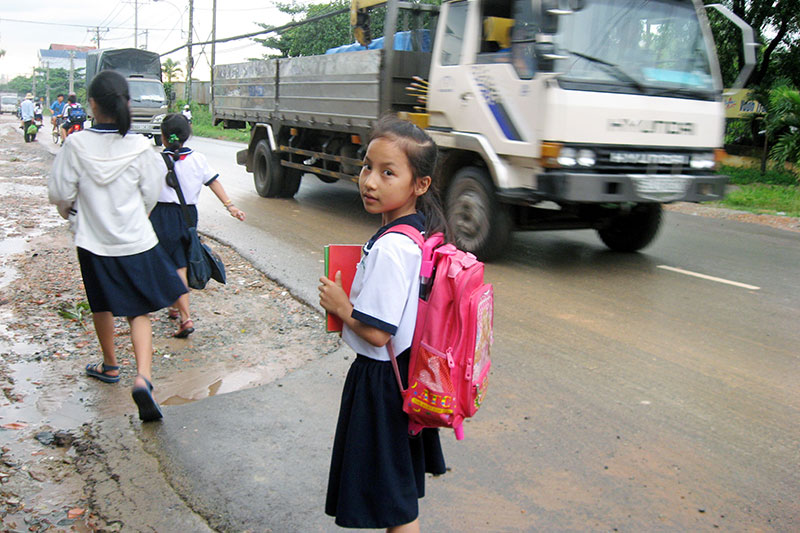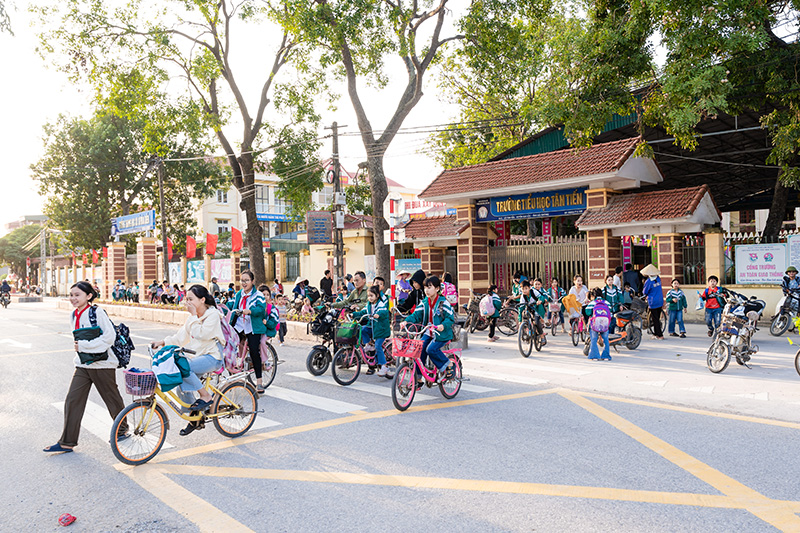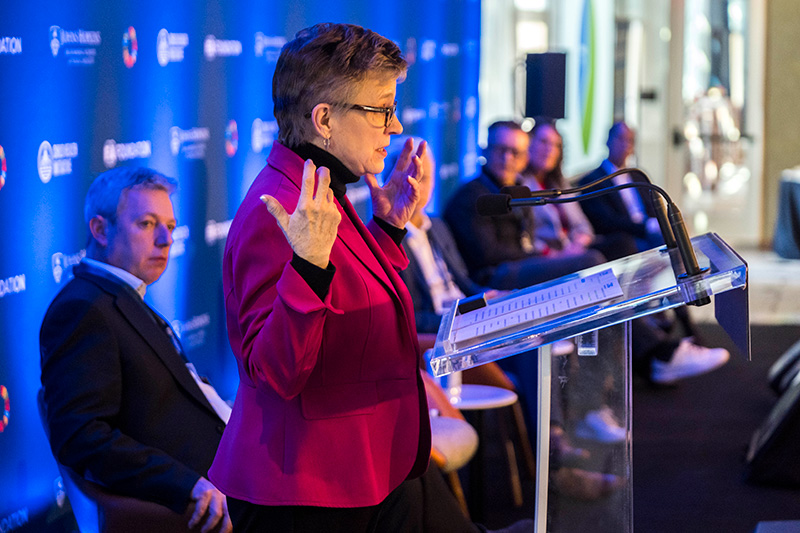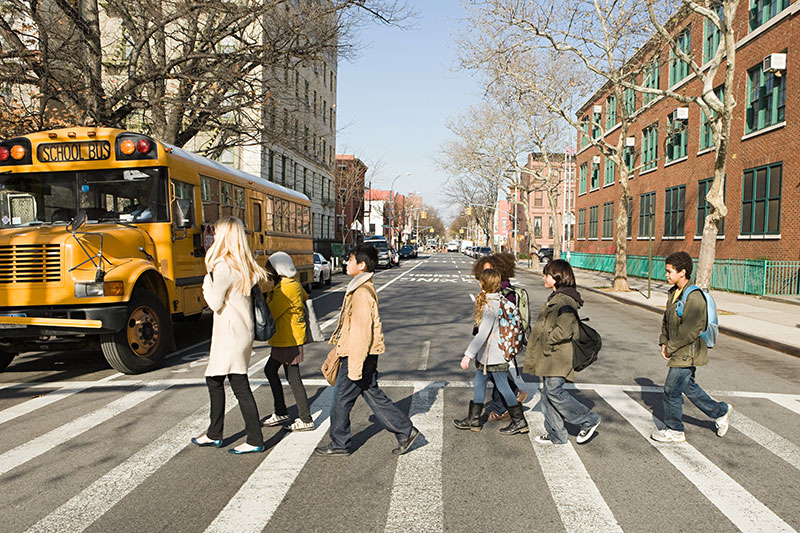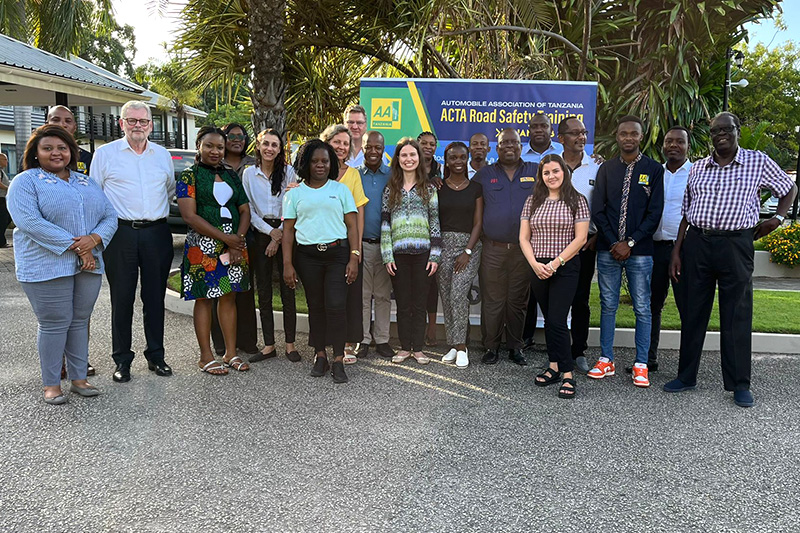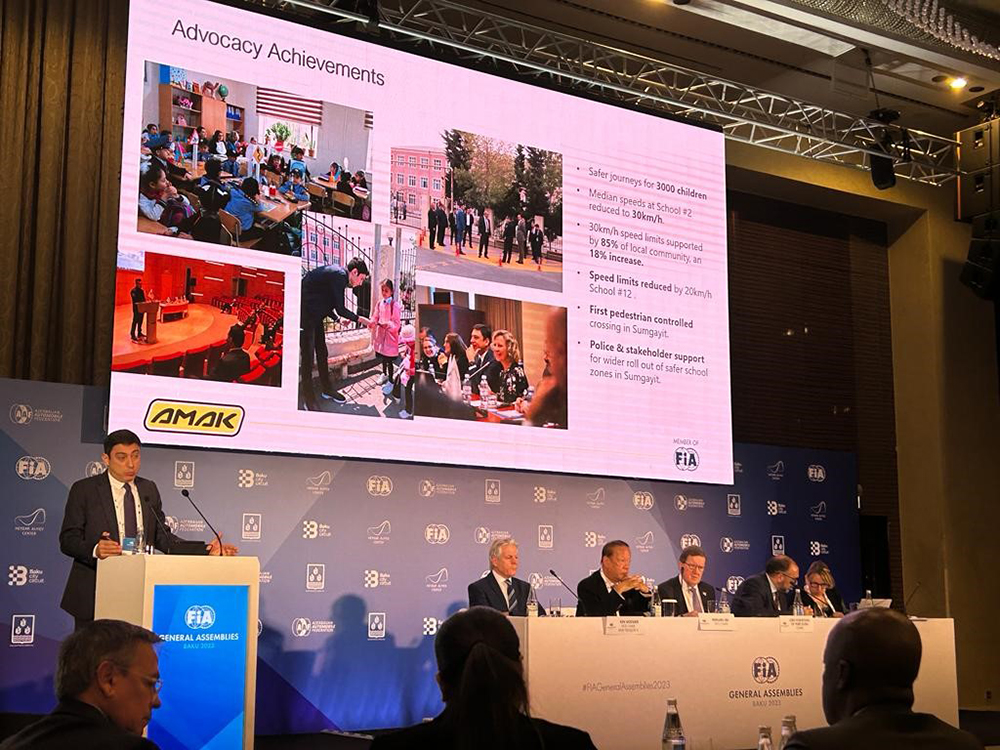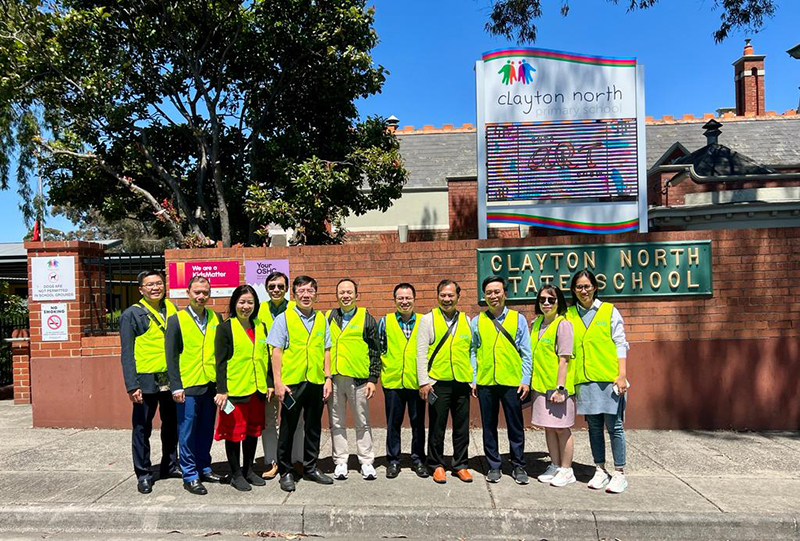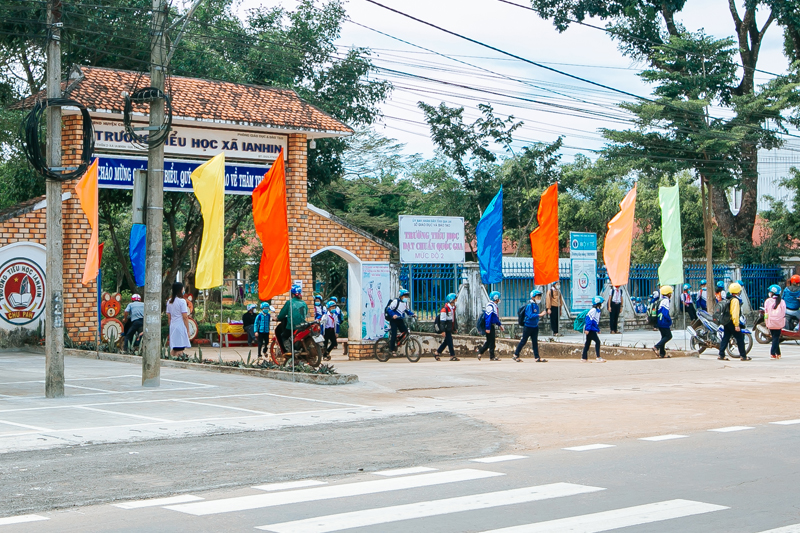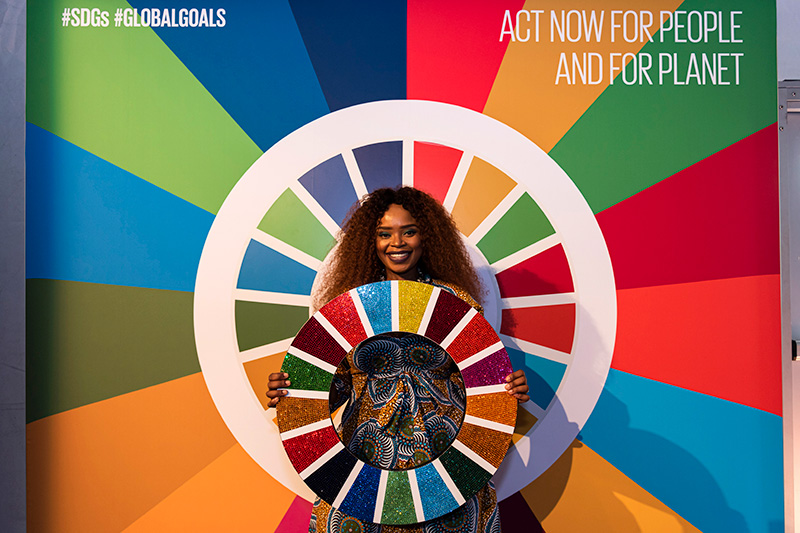Joint call to accelerate action for adolescents
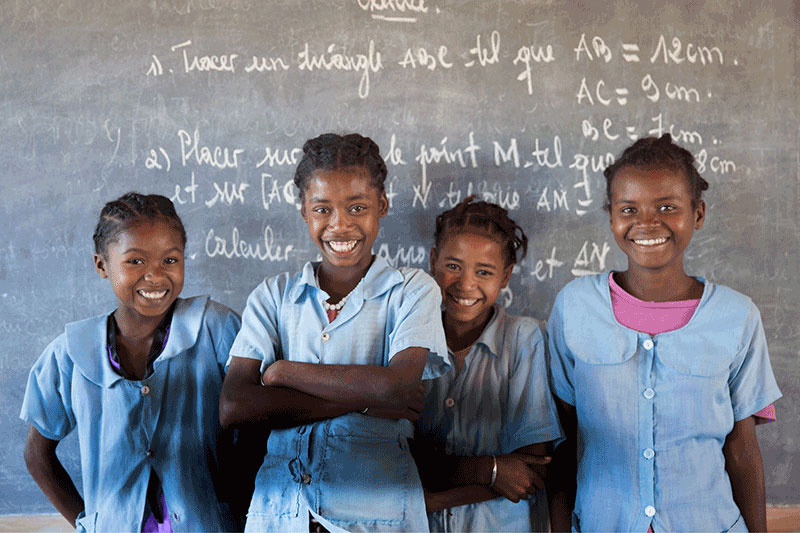
With the SDGs entering their final decade, Governments and the international community must accelerate global action for adolescents as a critical age-group, say the FIA Foundation and Fondation Botnar.
Both philanthropies want to see increased and more effective delivery for adolescents, and more broadly young people, as they represent both the engines of recovery from Covid-19 and delivery for the SDGs. In focusing on adolescents, a ‘triple-dividend’ can be achieved: improving health and well-being now, enhancing it throughout the life course and contributing to the health and well-being of future generations.
The FIA Foundation and Fondation Botnar are calling for action at an important time. In the coming weeks, Governments and the international community will be focusing on how the SDG agenda can be delivered during this time of crisis amid a global pandemic, when they hold a virtual UN General Assembly session. Adolescents must be a key part of the effort to renew and accelerate the SDG agenda, say the foundations.
Also in September, many countries around the world are turning attention to the need to re-open schools after their Covid-19 lockdowns, and with the prospect of further and ongoing waves of the pandemic, adolescents need special attention. Recently launched is new global guidance on safe school journeys in the context of Covid-19 which the FIA Foundation and Child Health Initiative Partners have developed with UNICEF.
Fondation Botnar has joined the Child Health Initiative (CHI), a move which will help foster partnership work to create safe urban environments for children and adolescents. Important tools and effective programming approaches developed with Fondation Botnar support have already been incorporated into the CHI toolkit on safe school journeys, and such collaboration can now be further strengthened.
For adolescents, both philanthropies have been working closely with key global partners, particularly the Partnership for Maternal, Newborn and Child Health (PMNCH) to strengthen the agenda. Work is underway to enable and support governments, international agencies, NGOs and other partners to deliver for this age group. They support the growing consensus over the need for a Global Summit for Adolescents and FIA Foundation has supported the ‘Call to Action’ for adolescents hosted at adolescents2030.org.
The Call to Action has three priorities: to engage adolescents in all policy, legal and programme processes affecting them; to launch a strengthened global multi-sectoral response for adolescents; and to strengthen political commitment and funding for adolescents through a Global Summit, which would aim to build commitments and delivery for this age-group across the SDGs. The Call to Action recognises that action for adolescents must be accelerated.
As it outlines, adolescents have not benefited from the reduction in mortality seen in younger children. While deaths in children under five halved during the Millennium Development Goals period, reduction in adolescent mortality, along with improvements to their overall well-being, has stalled. Each year there are over 1.1 million adolescent deaths. Major contributors include road traffic injuries, suicide, interpersonal violence, HIV/AIDS and diarrhoeal diseases as well as ‘maternal conditions’ as a contributor to mortality for adolescent girls.
Coordinated by PMNCH, the Call to Action is attracting support from Governments and partners from across sectors around the world. Supporters include the UN Youth Envoy, the Inter-Parliamentary Union, the Global Partnership for Education, GAVI the Vaccine Alliance, United for Global Mental Health, Save the Children, UNICEF and UNFPA among others.
Fondation Botnar, a Swiss-based foundation that champions the use of AI and digital technology to improve the health and wellbeing of young people in growing urban environments, is playing an integral and leading role in supporting the development of a new Framework for Adolescent Well-being which will help guide country’s interventions, policies and programmes for this age group. It is being developed through the PMNCH together with the WHO. The FIA Foundation is also complementing this work with its support for the agenda.
Key areas, or ‘domains’, of the framework include safe and supportive environments, education skills and employability, good health including physical and mental health and nutrition.
Critical to the whole global agenda for adolescents is the role of young people themselves – they must be front and centre. As reflected in the ‘Call to Action’ and the campaigning for a Global Summit, adolescents and youth must be empowered to not only engage with the agenda but to help set it. Too often they are neglected or ignored but effective platforms – such as a Global Summit – must be created and supported to help give them a voice and seat at the policy-making table.
Visit www.adolescents2030.org
